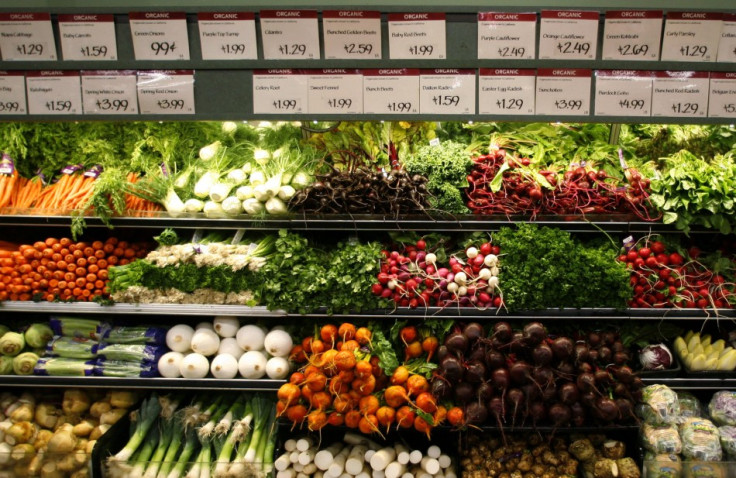Organic Food Has More Antioxidants and Less Pesticide Residue, Reiterates Study

Organic crops have higher concentrations of antioxidants, lower concentrations of toxic metal cadmium and lower incidence of pesticide residues than non-organic crops, says a new study to be published in the British Journal of Nutrition.
Many of these compounds (antioxidants) have previously been linked to reduced risk of chronic diseases, including neuro-degenerative diseases and certain cancers. They act by protecting healthy cells from damage caused by free radicals.
The frequency of occurrence of pesticide residues was found to be four times higher in conventional crops.
Overall, organic crops contained 17% more antioxidants than conventionally grown crops, the new study found. For some classes of antioxidants, like the flavanones, the difference was significant being 69% higher in the organic produce.
Cadmium was found to be almost 50% lower in organic crops than conventionally-grown ones.
"It shows very clearly how you grow your food has an impact," said Carlo Leifert, a professor of ecological agriculture at Newcastle University in England, who led the research. "If you buy organic fruits and vegetables, you can be sure you have, on average, a higher amount of antioxidants at the same calorie level."
Professor Leifert added, "The organic vs non-organic debate has rumbled on for decades now but the evidence from this study is overwhelming - that organic food is high in antioxidants and lower in toxic metals and pesticides. But this study should just be a starting point. We have shown without doubt there are composition differences between organic and conventional crops, now there is an urgent need to carry out well-controlled human dietary intervention and cohort studies specifically designed to identify and quantify the health impacts of switching to organic food."
The debate around organic food has seen many controversial studies and findings. A similar analysis published two years ago by Stanford scientists had found few differences in the nutritional content of organic and conventionally grown foods. That study dismissed the small differences as insignificant.
The Stanford study, like the new study, did find pesticide residues were several times higher in conventionally grown fruits and vegetables, but played it down as they were still within safety limits.
In the new study, the international team of scientists have only compiled a database from 343 previously published studies and performed a statistical procedure known as a meta-analysis, which attempts to dig out information from studies of varying designs and quality.
© Copyright IBTimes 2025. All rights reserved.





















